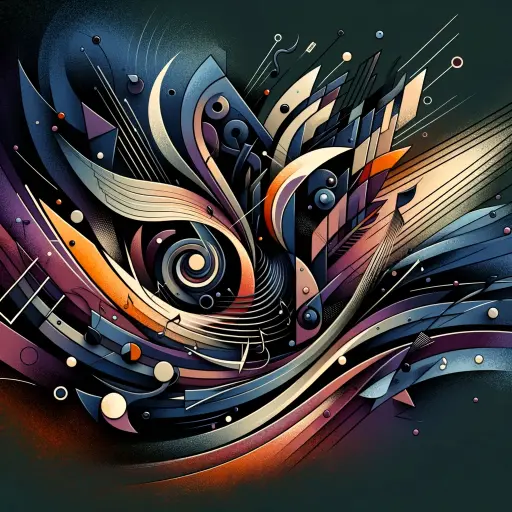
Orchestra Concerts
The genre of orchestra, also known as symphonic music, originated in the late 16th century and has since become a prominent and influential form of music. It is characterized by a large ensemble of musicians playing various instruments, including strings, woodwinds, brass, and percussion. The orchestra typically consists of four sections: the strings (violins, violas, cellos, and double basses), the woodwinds (flutes, oboes, clarinets, and bassoons), the brass (trumpets, trombones, and French horns), and the percussion (timpani, snare drums, cymbals).
The development of the orchestra can be traced back to Italy during the Baroque period when composers such as Antonio Vivaldi and Johann Sebastian Bach began writing complex compositions for larger ensembles. However, it was during the Classical period in the late 18th century that the modern orchestra took shape with standardized instrumentation.
Throughout history, numerous composers have made significant contributions to orchestral music. Ludwig van Beethoven revolutionized the genre with his symphonies that pushed boundaries in terms of length and emotional depth. Other notable composers include Wolfgang Amadeus Mozart, Pyotr Ilyich Tchaikovsky, Johannes Brahms, and Gustav Mahler.
In more recent times, film scores have played a crucial role in popularizing orchestral music.
Listen
Concert Schedule
| Concert Date | Artist | Venue | City |
|---|





